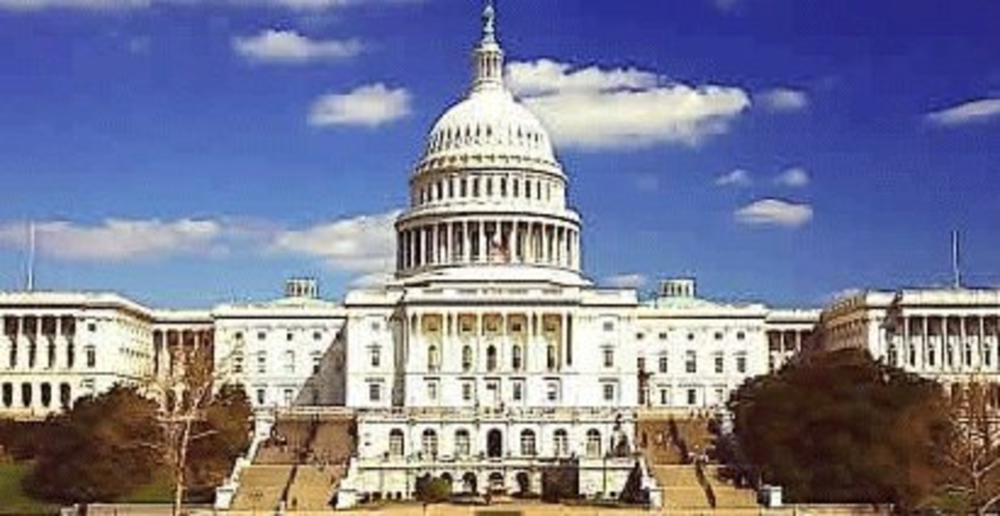Updated 9pm, 2/6/14:
To the chagrin of direct mailers and marketers, Senators approved a revision of Section 301 of the 2014 Postal Reform Act (PRA), moving the bill to the full Senate for consideration, during a Homeland Security and Governmental Affairs Committee markup session on February 6. Committee members voted in favor of moving the bill. Originally, Section 301 set the 4.3% exigent increase as the rate baseline for further rate increases and adds 1% to the annual CPI cap rate adjustment.
According to Jennie Westbrook, press secretary for the Committee on Homeland Security and Governmental Affairs, the Baldwin-McCaskill Amendment #1 was modified, agreed to by a voice vote, and amended by a Carper-Coburn Second Degree Amendment, which was then adopted by a vote of 10 to 5.
Westbrook notes that the Baldwin-McCaskill Amendment #1 modifications include striking Section 301 and retaining the repeal of the committee’s rate preference. Additional changes include the following:
- The exigent price increase remains in effect for one year, until January 25, 2015.
- After that time, CPI-U +1% continues to recoup the remaining exigency amount.
- CPI-U +1% remains in effect until a new rate system is implemented.
- USPS maintains the PRC-led rate review in 2017.
The Carper-Coburn Second Degree Amendment, she says, “would maintain the language of Section 301 of the substitute with two significant changes” as noted:
- It would reduce the rate cap beginning in 2015 from CPI+1 to CPI.
- It would replace the 2017 rate revision process with one in which the USPS, if necessary, would propose a new system to the PRC for review. No new rate system the Postal Service proposes could go into effect without the PRC’s approval. However, the Board of Governors could override PRC objections.
Sen. Tammy Baldwin (D-WI) championed the removal of Section 301 last week during the first markup, and though she was unsuccessful, direct mail marketers held hope that her efforts would at least result in revision of the bill’s proposed. Unfortunately for direct mailers, it seems the committee would rather that they help shoulder some of the fiscal burdens plaguing the USPS.
“When you look at the numbers, one of the reasons the [USPS] is in trouble, even with all the cost-cutting they’ve done, is that rate increases have not kept up with the costs associated with doing what they’re asked to do,” said Committee Ranking Member Sen. Tom Coburn (R-OK). “If the Postal Service, even with the volume declines, had had the same increases that either FedEx or UPS has had, we wouldn’t be sitting here doing this today.”
The logic appears sound, but direct mail marketers contend that the argument is founded in flaws. “They were throwing around ‘facts’ that didn’t tell the entire story, or could not be vetted by the mailing industry beforehand,” says Hamilton Davison, president of the American Catalog Mailers Association (ACMA). “All mailers know those numbers are for published tariffed rates and are not the effective net rates actually paid after applying customer specific discounts.”
Sen. Tom Carper (D-DE), one of the bill’s authors, noted that direct mailers have faced relatively small increases over the year of only a few cents. However, Davison argues that those small increases are hugely offset by the 22.9% standard flat rate increase in 2007, increases that touched off rate shock that remains to this day.
Regardless, pro-reform Senators ran with the figures and rallied the committee to move the bill, with Section 301 intact but amended, to the Senate floor. These Senators argued that by freeing the USPS from the regulatory power of the Postal Regulatory Commission (PRC), the committee would effectively be saving the USPS. Baldwin, again, expressed deep concern for the monopolistic ramifications of such a separation. However, she not only met opposition from bill sponsors Coburn and Carper, but also from her Republican counterpart Sen. Ron Johnson (R-WI), who went beyond supporting the intact bill and also suggested the privatization of the USPS.
“While I share an interest and opinion with Baldwin, this is not my solution. The best thing for the Post Office is to be set free,” he said during the markup. The private sector provides the best chance for the Post Office to survive long term.” Johnson also leveled criticism toward the direct mailing industry in general saying, “It’s always risky as a business to base your business on a, basically, bankrupt supplier.”
But direct mailers have no true alternative to the USPS, no other way to get their collateral in mailboxes instead of on curbs or doorsteps. Baldwin expressed deep concern over the increase in monopolistic power the USPS gains under this bill, but it appears her words fell on deaf ears.
“If [the Post Office] was a true monopoly [it’d] be making all types of money,” Johnson said at the meeting. “I don’t believe [it’s] going to overprice [itself] totally out of business.”
“That’s just crazy, the Postal Service clearly has a monopoly,” ACMA President Davison said about Johnson’s comments. “If we don’t like what we’re getting with the Postal Service, then let us go elsewhere. If there’s no monopoly then write that in the legislation.”
Unfortunately, 2014 hasn’t been kind to direct mail thus far, and today’s events did little to forecast a brighter future for the marketing medium. The current course could necessitate a paradigm shift entirely. “Marketers have no perfect substitute for the Postal Service today,” Davison says. “Maybe we should work on developing one now.”








